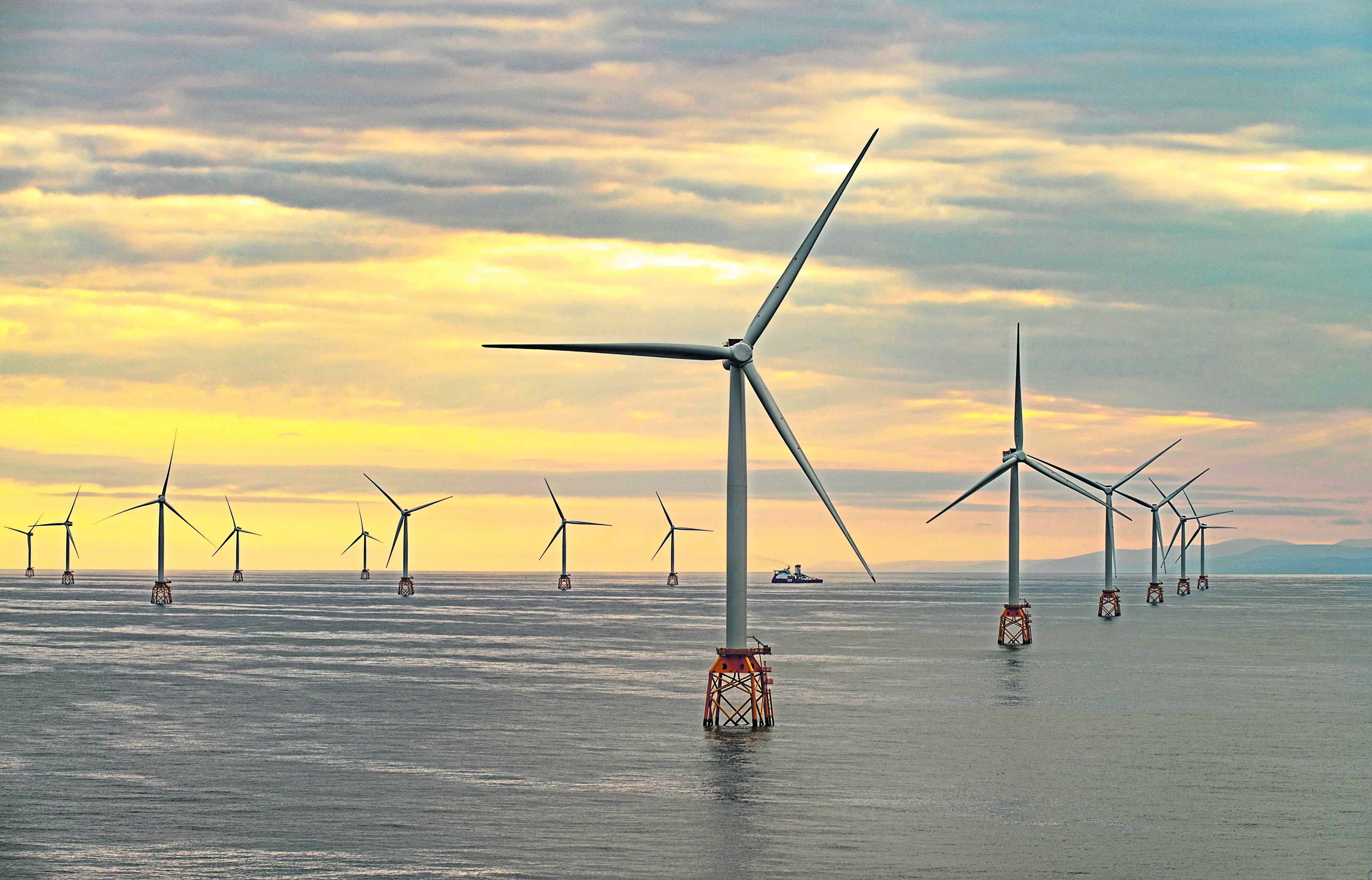
Defence supplier Babcock International has cautioned over its full-year sales, amid ongoing tough trading in the oil and gas sector and a slowdown in the market for defence contracts.
The outsourcing giant – the Ministry of Defence’s largest contractor – said it now expected full-year revenues to be “slightly” lower than expected, at between £5.3 billion and £5.4 billion for the year – which is between 2% and 3% up on 2017.
But it said it had made “steady progress” over the second half of its financial year to January 31 and said full-year earnings were set to be in line with forecasts.
Shares fell 2% amid wider market falls, with the stock having already tumbled in recent months – most recently suffering fall-out following the collapse of fellow outsourcer Carillion.
The stock has fallen 13% alone since the middle of last month.
Babcock blamed the sales woes on “continuing tough trading conditions” in the offshore oil and gas sectors, a slowdown in defence procurement contracts and hold ups in one of its major contracts for the Ministry of Defence.
But the group said it has seen a pick up in its short-term bid pipeline, to £12.5 billion, with recent contract wins including a 10-year deal to supply the Sellafield nuclear site with specialist handling and containment systems and a £115 million contract to provide services to the Australian Navy.
Babcock said: “The group has continued to make steady progress in the second half of the year and is on track to achieve another record year in terms of revenue and underlying earnings.”
It added: “Supported by a strong order book and bid pipeline, the board remains confident of making good progress in the future, with an increasing proportion of international business.”
Analysts at Liberum said it was a “reassuring” statement on the bid pipeline.
But Peel Hunt expert Christopher Bamberry added that Babcock’s share price falls reflected “investor concerns regarding the challenging environment in which Babcock operates and the uncertain market conditions”.
Outsourcers have been hit by worries over a rout throughout the sector following Carillion’s failure in mid-January.
Carillion was struggling under nearly £900 million of debt and last year reported a £587 million pension deficit when it fell into liquidation.
Rivals such as Capita and Interserve have also warned over profits in the last month, fuelling investor fears that Carillion could be the first of many to hit the wall.
However, the Government has sought to assure it is monitoring all its “strategic suppliers” and said it does not believe any are in a
comparable position to Carillion.
Recommended for you
